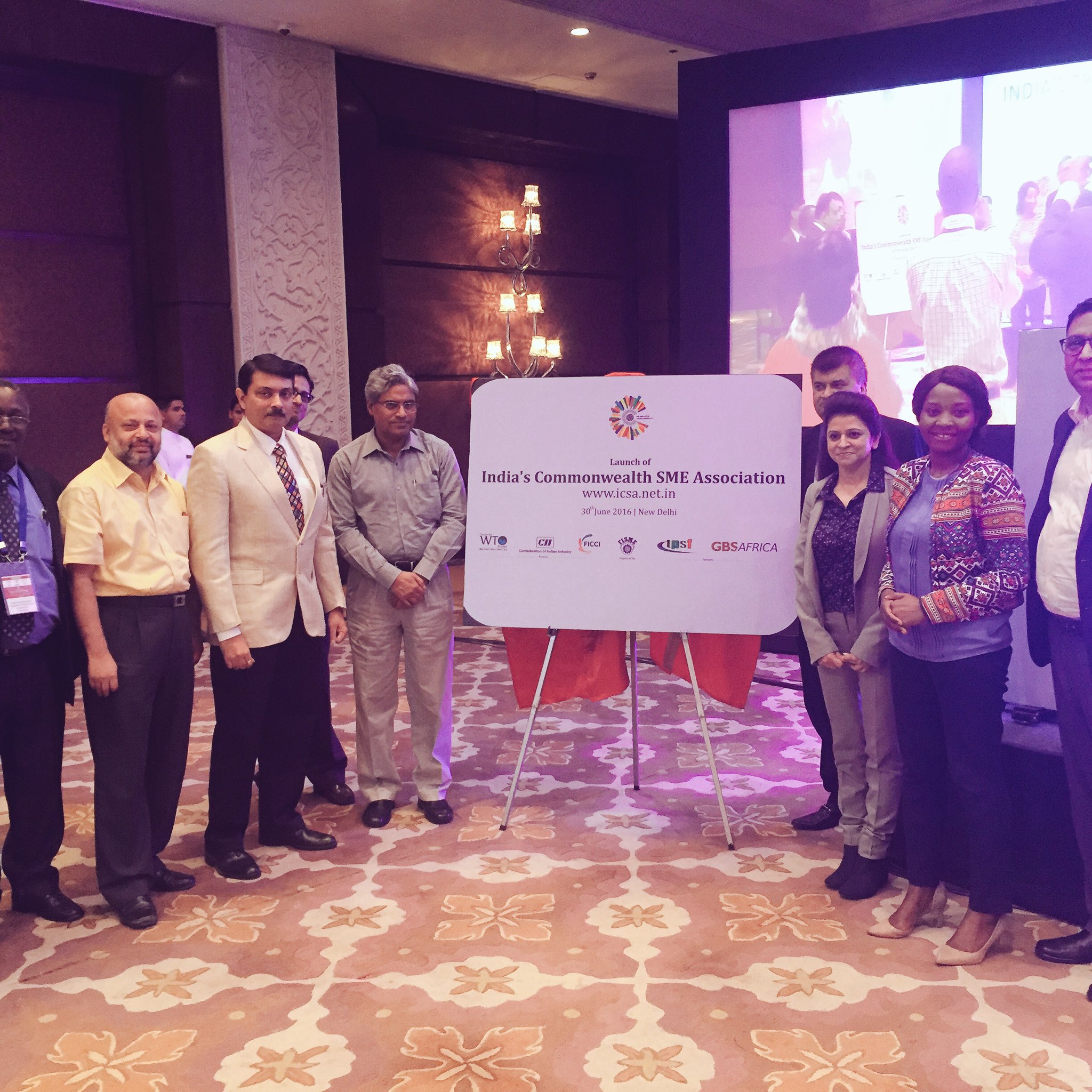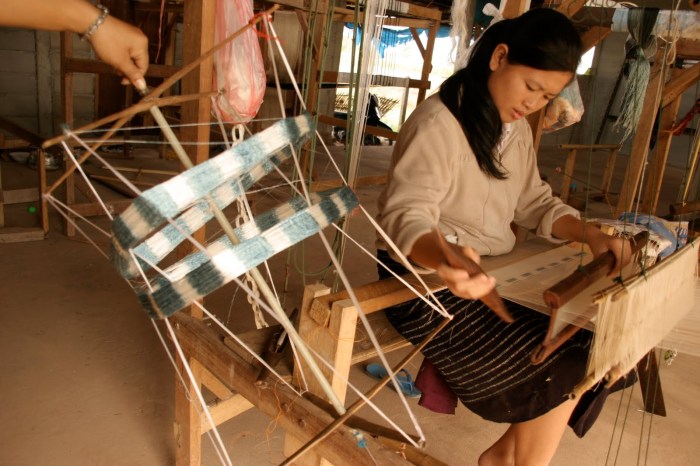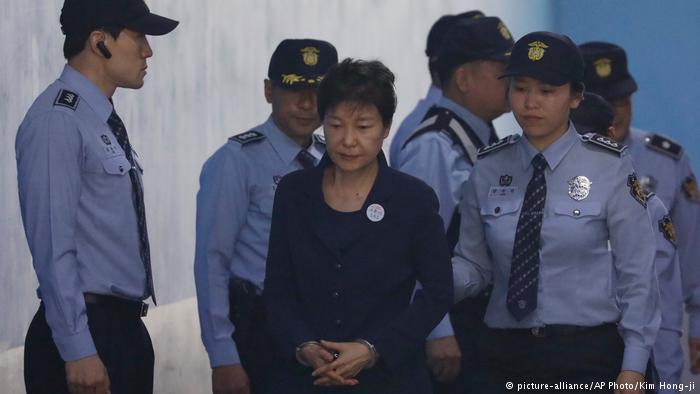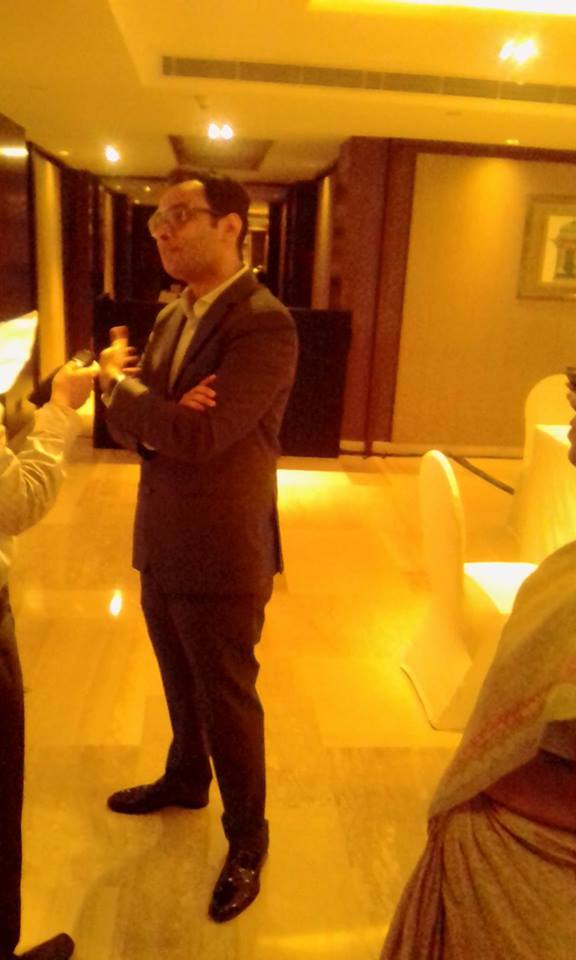Steel Minister Chaudhary Birender Singh Addresses Press Conference on Achievements of His Ministry during 3 Years of NDA Government
SAIL & Arcelor Mittal would soon formalize the Joint Venture for production of automotive-grade steel: Shri Birender Singh
New Delhi, May 23, 2017
Jyaistha 02, Saka 1939
The Union Steel Minister Chaudhary Birender Singh addressed a press conference on achievements of the Steel Ministry during 3 Years of NDA Government in New Delhi today. He said that the Indian steel industry is at the cusp of another significant milestone by becoming the second largest stainless steel producer in the world, leaving behind Japan.
Chaudhary Birender Singh said that the steel sector is only an example of all-round development in India under PM Modi ji’s leadership.On 3rd May this year the Cabinet under Prime Minister Modi approved two policies of the steel ministry and we are working on their implementation. We are very confident that steel sector will become more vibrant and dynamic after the ‘National Steel Policy 2017’and ‘Policy for preference to domestically manufactured iron & steel products in government procurement’ becomes effective. The roadmap to implement the new policies will be finalized in the next six months to one year.
He described the last three years journey of steel industry as:
नज़र को बदलो, तो नज़ारे बदल जाते हैं,
सोच को बदलो, तो सितारे बदल जाते हैं,
कश्तियाँ बदलने की ज़रुरत नहीं,
दिशा को बदलो, तो किनारे बदल जाते हैं |
Speaking of the SPU REVIVAL, he said that the three Steel Processing Units, Jagdishpur in UP, Bettiah in Bihar and Kangra in Himachal Pradesh are going to be operationalized within the next one year. This involves an investment of Rs. 500 crores. These units will produce value-added products like crash barriers, black pipes, TMT bars or GC sheets. Special Purpose Vehicle Route has been adopted by the Government of India for creation of Greenfield steel capacity in May 2015. The Process for the same was initiated in four states of Chhattisgarh, Odisha, Jharkhand and Karnataka.
Talking of Zero Waste Production, the Steel Minister said that a 120 MW power plant was inaugurated in April 2017 at RINL Vishakhapatnam using the waste gases of the steel plant. The Huge Fine dumps, waste slag, slime etc. from steel plants need to be utilized by using innovative techniques for Pelletisation of fines, slag-cement for slag towards a Clean & Green Steel Sector in India. The Ministry of Steel & UNDP have worked for energy conservation in 300 secondary steel units. Plans are to upscale to 1000 secondary steel units. This would reduce CO2 emissions, roughly equal to taking all passenger cars off Delhi’s roads, Chaudhary Singh added.
Shri Birender Singh said that Steel industry needs to go for a paradigm shift and move from semi-finished/crude steel to value-added steel. This will lead to better margins and improve competitiveness. “We are hopeful that SAIL & Arcelor Mittal would soon formalize the Joint Venture for production of automotive-grade steel. This will be a big step-forward under the Prime Minister’s Make in India Programme” Shri Singh added.
Enlisting new Schemes for Secondary Steel Producers in 2017-18, he said that the steel ministry will rate the ranking of Top-50 Secondary Steel/Smart Producers and awards will for best performing plants in secondary steel sector solely on the criterion of their products of BIS standards and cost effectiveness.
The Minister also announced the institution of Best Steel Structures Awards for best steel structures in PMAY (Rural and Urban),building projects, and roads made with steel reinforced cement concrete and other extraordinary structures using steel in abundance.
Chaudhary Birender Singh said that the GST regime is good for Steel Team as Goods & Services Tax Rates and Slabs for raw materials like iron ore, manganese, coal etc. is in the bracket of 5 %. Semi-finished and unfinished goods is in 18 % bracket. Steel industry will see a reduction in the input cost for steel making with the GST implementation.
The Minister of State in the Ministry of Steel Shri Vishnu Deo Sai, Dr. Aruna Sharma, Secretary Steel, and Senior Officials from the Ministry & the Steel PSUs were present on the occasion.
Pursuing a clear agenda of growth, the Ministry of Steel has had many firsts to its credit. In the year 2015, India became the third largest producer of steel in the world. Recent data shows that India is now looking at positioning itself as the second largest in the very near future.
In the last three years, there has been capacity addition at a steady CAGR of about 7%. There has also been an improvement in the overall capacity utilization.
India has emerged as a net exporter of steel in the year 2016-17, with 97% increase in overall exports and a 37% decline in imports of steel products over the same period in the previous year.
First time in the history of Steel making in India, the world witnessed a massive demand –supply gap post 2014. Overcapacity of 700 to 800 MTPA resulted in sudden fall in the global steel prices.
Aftermath of the increased imports was evident from the declining domestic steel prices, poor cash flows and the debt serviceability of the major steel producers in the country.
Indian Government protected the interests of domestic producers by notifying trade remedial measures like Minimum Import Price, Anti-Dumping Duty and Safeguard Duty.
The government also eased out financial re-structuring norms through RBI and Ministry of Finance.
In addition to these, many steps have also been taken to reduce input cost, replace imports & enhance domestic consumption. The government is also working to improve the domestic availability of iron ore, coking coal and natural gas.
The government’s focus on strengthening the steel sector inter-alia has been on ensuring
- Ease of doing business
- Developing New Products
- Tackling over Capacity & Imports
- Sustainable production of Steel
- Ensuring affordable Raw Material Supply
- Sustainable production of Steel
- And demand generation
The Government has populated the three-year timeline with numerous initiatives that comprise steps like increase in Basic Custom Duty, notification of Quality Control Order for steel and steel products, policy on DMISP, National Steel Policy etc.
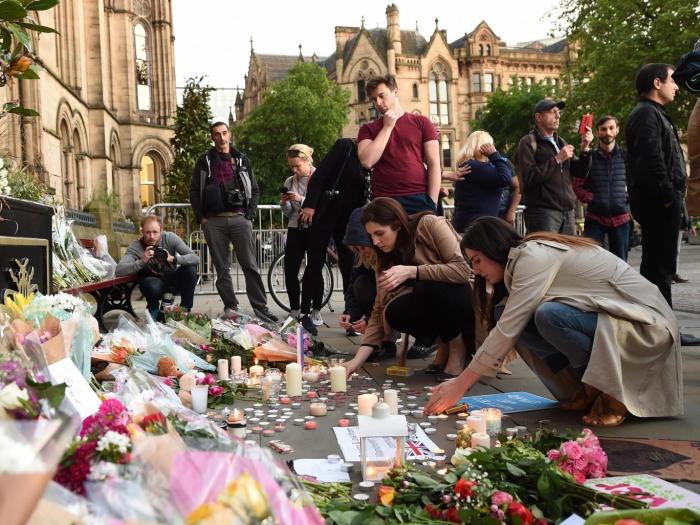 Pop star Ariana Grande today suspended her tour until early June at the earliest after a deadly attack on her show in Manchester that left 22 people dead.
Pop star Ariana Grande today suspended her tour until early June at the earliest after a deadly attack on her show in Manchester that left 22 people dead.